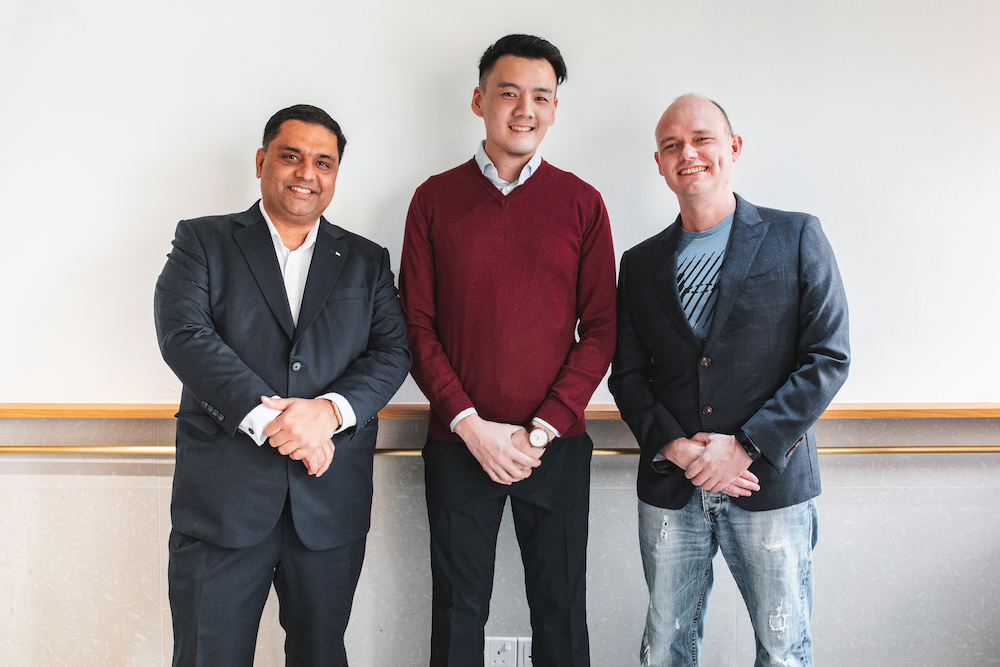Global venture development firm Rainmaking on Thursday said that it launched Motion Ventures to boost innovation in the maritime sector. Motion Ventures has completed the first close of its SGD 30 million (USD 23 million) fund target, with Norway-based maritime group Wilhelmsen and Germany’s Hamburger Hafen und Logistik AG (HHLA) as anchor investors.
The fund offers startups access to key firms in the sector like Wilhelmsen, while investors can participate in investment evaluations, a “unique structure,” the company says.
Some of the biggest challenges in the industry include decarbonization, supply chain resilience and safety, according to Shaun Hon, Motion Ventures’ general partner and Rainmaking’s director. Therefore, the fund plans to invest between SGD 500,000 (USD 380,000) and SGD 2 million (USD 1.52 million) in around 20 early-stage startups that build solutions for these problems using artificial intelligence, machine learning, and automation.
“We’re looking at and beyond the startups which exist in the industry because ultimately, our focus is on solving pain points in the maritime value chain,” Hon told KrASIA. “In most cases, the technology to address the issues already exists and the missing link is figuring out how to apply these solutions in the corporate context. If we can bring a consortium of industry adopters together to connect with entrepreneurs early in the process we’re setting everyone up with the best chance to succeed.”
Motion Ventures is also backed by Seeds Capital, the investment arm of Enterprise Singapore. In June 2020, Seeds Capital launched a SGD 50 million (USD 38 million) co-investment scheme for maritime startups, with the aim to drive growth in the sector through technology and innovation. Maritime tech only counts a handful of players in Singapore, many of them using IoT, big data, and artificial intelligence to increase the productivity, efficiency, and safety of vessels.
Becoming a leader in maritime tech
“The maritime value chain is largely operating based on the same paradigms for decades with inefficiencies,” said Nakul Malhotra, Wilhelmsen’s vice president of open innovation. “The industry has started to embrace potential digital solutions but the fundamental issue of getting corporates and startups to institutionally collaborate for adoption pathways still remains.”
“Now with maturing technologies in other spaces, the maritime sector is ready to adapt, adopt new solutions, extract efficiencies, and redefine value propositions for stakeholders,” he continued.
Malhotra added that Singapore is a key port for the maritime industry and it has strong government support to fast-track innovation in the sector. Many global maritime players have substantial operations in the city-state, using it as a base for the region. “With all these factors at play, Singapore is positioning itself as a leader in accelerating maritime tech while being a testbed and innovation center to help the adoption of solutions and strengthen the industry’s future,” said Malhotra.
